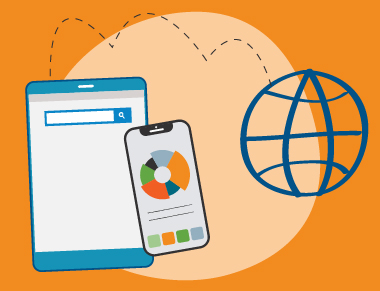
The Digital Millennium Copyright Act (DMCA), enacted by the US government in 1998, regulates digital media by protecting it from copyright infringement by users on the Internet. Copyright infringement is when a copyrighted work is distributed, displayed, reproduced or otherwise used without the consent of the author.
Some examples of copyright infringement:
- Recording a movie in a theater
- Posting a photo, video or audio of copyrighted materials
- Using copyrighted images or logos online or in printed materials
- Downloading and sharing files containing music, videos or games without permission
What happens if you get caught using copyrighted materials without permission?
The copyright holder could contact you and demand that you cease and desist any use of the materials. Further, they could pursue legal actions that would include fines and other penalties.
What to do if you receive a DMCA notice?
Think about if you infringed intentionally or unintentionally. In either case, rectify the issue. If you feel that the notice is in error, you can file a counter-notice to state your case.
How to avoid using copyrighted material.
- Assume it’s copyrighted. If you cannot find evidence that the material may be used publicly then there is a good chance it is protected.
- Use Creative Commons. Creative Commons is a non-profit organization providing creators with free licenses to make their works publicly available.
- Familiarize yourself with fair use. Fair Use defines criteria that will allow individuals to use limited portions of copyrighted work for the purpose of criticizing, teaching, research or reporting.
